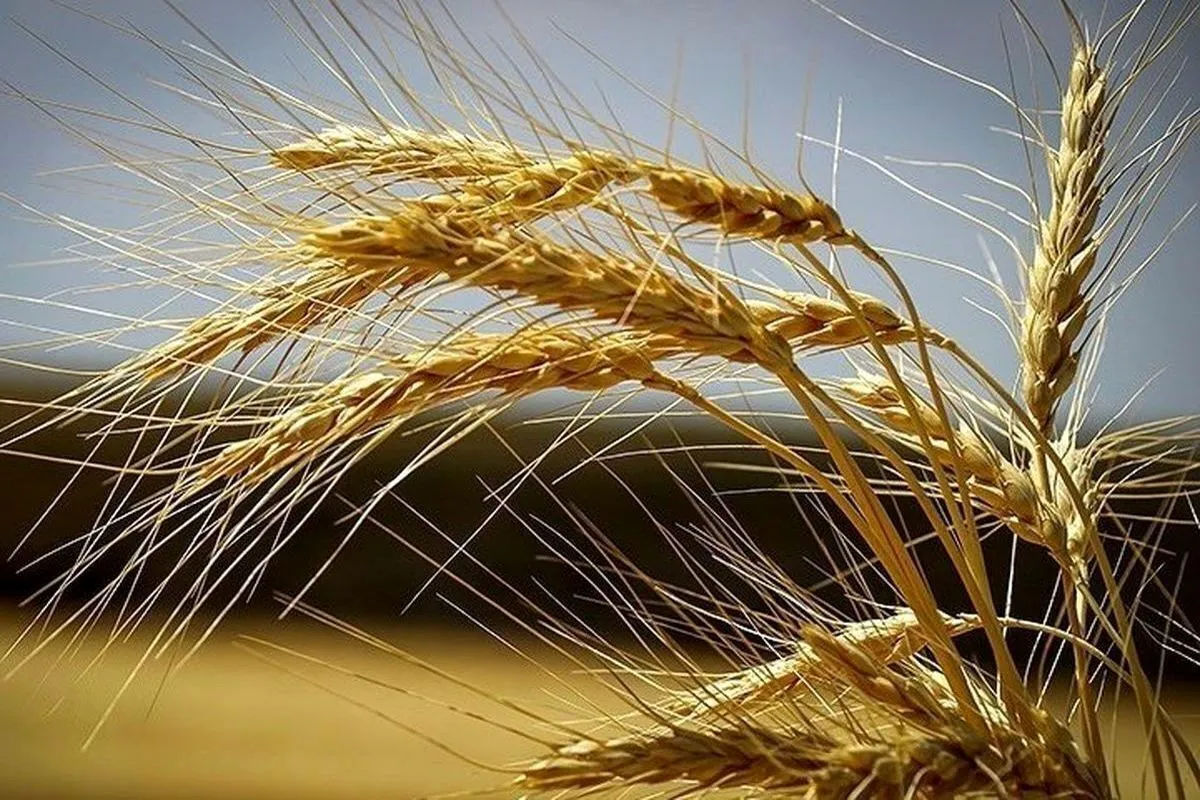Iranian Company Produces Drought-Resistant Wheat Cultivars for Dry Lands

“Our company makes research on improving wheat cultivars with high water efficiency and drought resistant cultivars for dry lands. The lowering of underground water tables and the lack of water resources along with the occurrence of climate changes like the decrease in snow and rain and the increase in temperature are the main factors limiting the production of strategic crops like wheat in Iran,” said Sirous Mahfouzi, the managing director of the knowledge-based company.
“The main goal of our company is to protect water in the field of agriculture by conducting scientific-applied research and improving and creating wheat varieties with high water efficiency to save water consumption in irrigated agriculture,” he added.
Noting that rainfed wheat cultivation also faces additional problems due to the impact of climate changes and frequent droughts, Mahfouzi said, “Conventional cultivars produced in dry lands do not have high yield potential and are sensitive to yellow rust disease, dormancy and poor bakery quality. We have modified and produced cultivars that do not have these weaknesses, and they have successfully passed the tests of the Institute for Registration and Certification of Seeds and Seedlings with superiority over common cultivars.”
Earlier this year, the secretary of the Iranian Nanotechnology Innovation Council (INIC) had announced that wheat cultivation using plasma-activated water (PAW) would be carried out for the first time in Iran later this year in October.
According to a report by the website of Iran Nanotechnology Innovation Council (INIC), Secretary of the INIC Emad Ahmadvand said wheat cultivation using PAW, as financed and supported by the INIC, will start in Bu-Ali Sina University’s farms in the start of autumn.
According to the INIC report, water in agriculture is one of the most important factors for production and increasing productivity, and using plasma water is one of the new solutions to increase this productivity. PAW can stimulate plant growth by causing oxidation and other chemical changes in water in addition to its disinfection properties. This clean technology can result in an increase in the productivity of agricultural products, reducing water consumption, improving the quality of products and reducing waste.
The report added that, PAW has proven to be effective in disinfecting and preserving food products, which, in turn, can lead to longer life of products and reduction of food waste.
4155/v





















